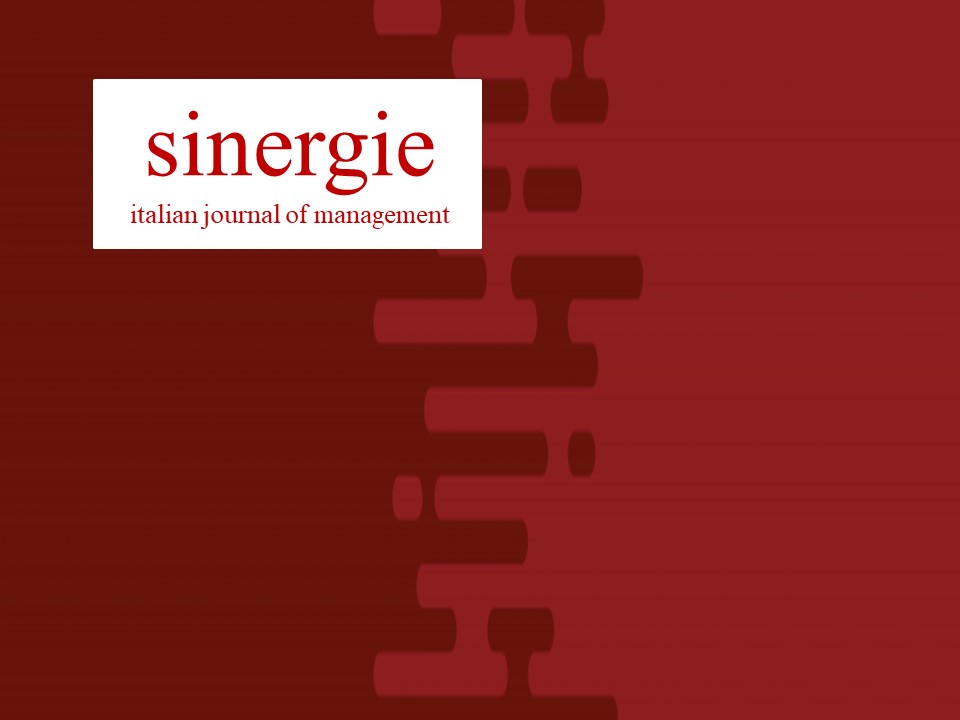Il governo dell'impresa negli studi economico aziendali
The present work focuses on the evolution of models and techniques on corporate government as seen from the business economics literature.
In the first part the Authors make an attempt to look at the discipline from an historical perspective, for they believe this is going to give light to its debated theoretic acknowledgment, besides giving scholars new items and tools to accomplish the ongoing process of its scientifization.
With such aims, they thought it right to simplify the diachronic perspective of the studies and contributions about corporate government, using an approach where the different firm archetypes (the Structure-Behaviour-Performance perspective; the Resource-Competence-Performance (RCP) perspective and the Capabilities and Knowledge-based one) have been studied with a reference to the ideal-types of fordism and post-fordism.
Previous statement shows the importance of two factors or elements of discontinuity – affecting firms dynamics: the role of the environment and the impact that the firm-environment relationship has had in times on the firms aims and on the government role. These factors are connected, nevertheless they had a different influence depending on the environmental contexts considered. The Italian contribution to the theme, for instance, has shown a completely national peculiarity, revealing the environmental and structural characteristics of our firm system.
In the second part the evolutionary picture described above is finally read through the conceptual formulation of the Viable System Approach (VSA), with particular reference to: the subjective perspective used in the observation of the Government function; the methodological systemic frame as a continuum between reductionism and holism; and the conceptual determinants underlying the term consonance. The Authors find that a peculiar qualification of the structure-system relationship emerges from this, and it seems to define better the government function, making it less objective and more anchored to the capabilities of the leadership.


